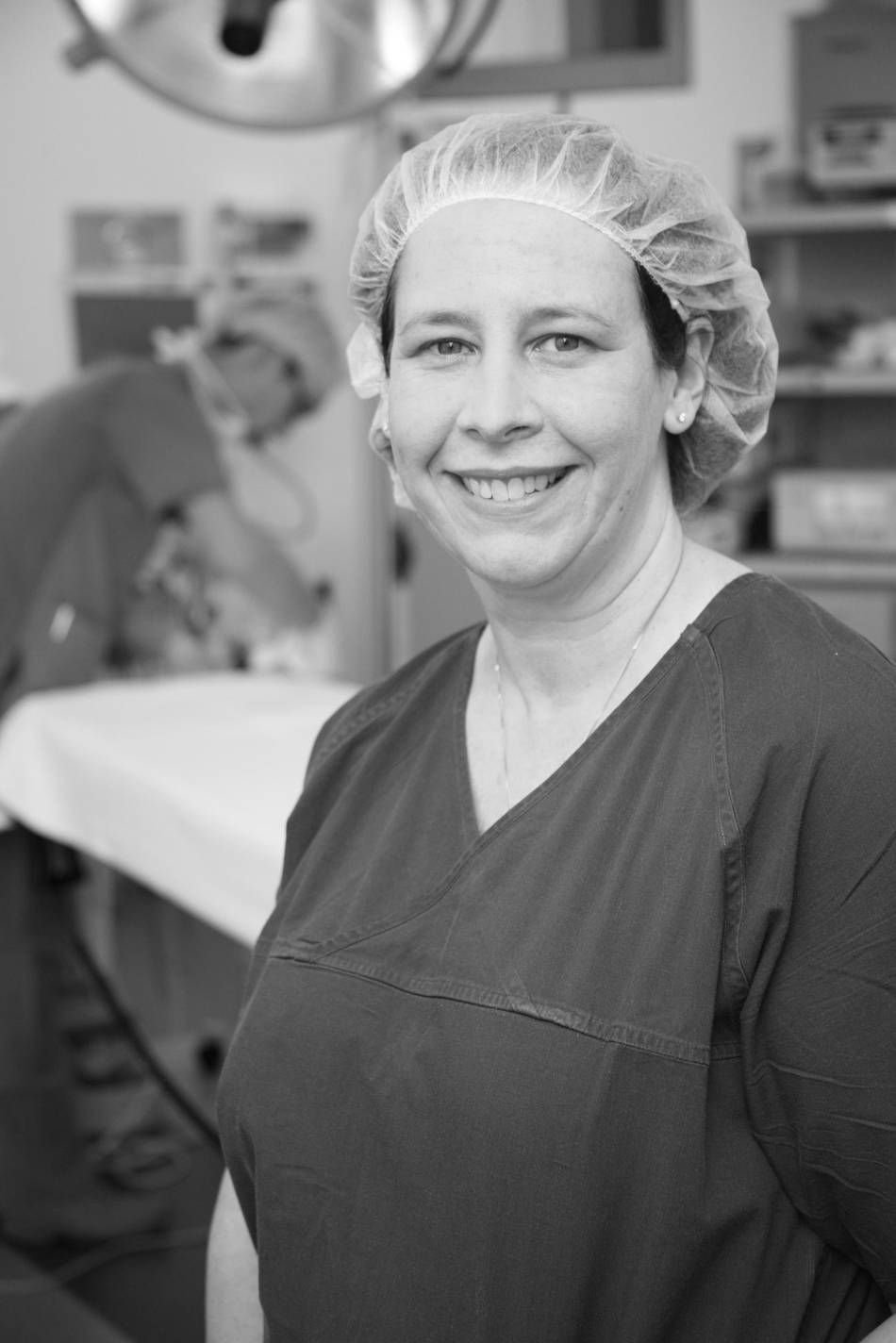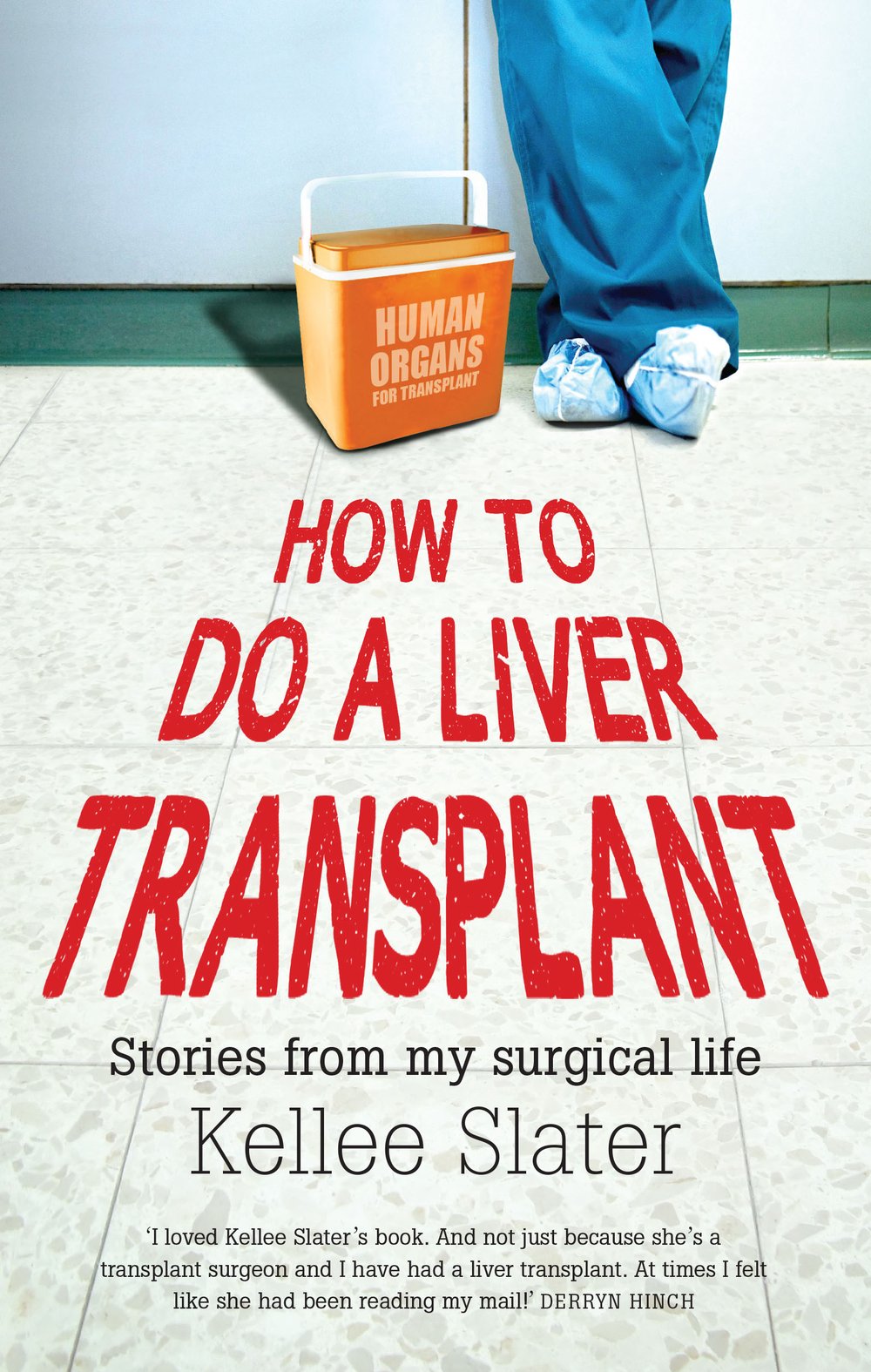I believe that I was born to be a general surgeon. Yes, I admit it, I have always loved to squeeze pimples, pick scabs, release pus and generally unclog things. When you break it down, this is what a general surgeon does, so it is definitely the right job for me. I can happily work away in someone’s abdomen all day long and not give it a moment’s thought. If I couldn’t be a general surgeon, there would be no point in my being a doctor at all. I love the diagnosis, the physical steps of the operations and caring for the patients after their surgery.
General surgeons get to fix people (for the most part) who have terrible, life-threatening problems. These patients come in broken and, I hope, after I have operated, they leave the hospital just a little bit better than they were before. Unbelievably, this idea that surgery makes people better didn’t really crystallise with me until recently when I had to have a procedure myself. My primary focus, just as it is when I operate, was on all the things that could go wrong. I’m sure that this is not what the average patient is thinking when they go off to sleep, but I do. I was pleasantly surprised when things went really well and my problem was successfully fixed, making my life much better.
I worry a lot, but this may not be a bad thing. It keeps me sharp. I have an intuition about when things might be going wrong. I am regularly known to call the ward in the middle of the night to check on someone I am concerned about. The nurses think I’m crazy, but knowing everything is all right for now is the only thing that will allow me to sleep sometimes. My mind is always ‘on’ and I wonder if I will burn out one day. Being a general surgeon is all about predicting what could happen to a patient and how I will fix it if it does. During surgery, this is what is running through my mind. I have to have eyes everywhere. I need to see when the assistant is pulling on something too hard and is about to snap it. I have to ask for an instrument that may not be in the room well before I might need it in an emergency. Before I start a liver transplant, I need to make sure that the cooler with the liver in it has arrived. A general surgeon needs to be in control of everything and totally focused on the job all the time.
What we do in general surgery is a little bit of a mystery, I think. Everybody seems to have heard of plastic surgeons, ear, nose and throat doctors and even brain surgeons, but plenty of people stare at me blankly when I mention what I do. General surgeons deal with every surgical conundrum that the human body can dish up. We largely work in the abdomen and when things go wrong there, it can really mess up how everything else in the body works.
My official job title is Hepatobiliary, Pancreas and Liver Transplant Surgeon. This essentially means that I do life-threatening things to high-risk patients that take many hours and involve copious amounts of bleeding. I then spend the days and weeks afterwards trying to keep them alive and helping them recover. Liver and pancreas surgery has only really become safe enough to do relatively recently, and in the early days of the speciality, it was fre- quently fatal. Even in my surgical lifetime, the aftercare and chemotherapy available to these patients has evolved to such a point that I am now operating on people who we would have never considered before. We are really pushing the boundaries of what is possible and it is a very exciting time to be a liver surgeon.
This is an edited excerpt from How to Do a Liver Transplant: Stories from my surgical life by Kellee Slater, available now from NewSouth.

